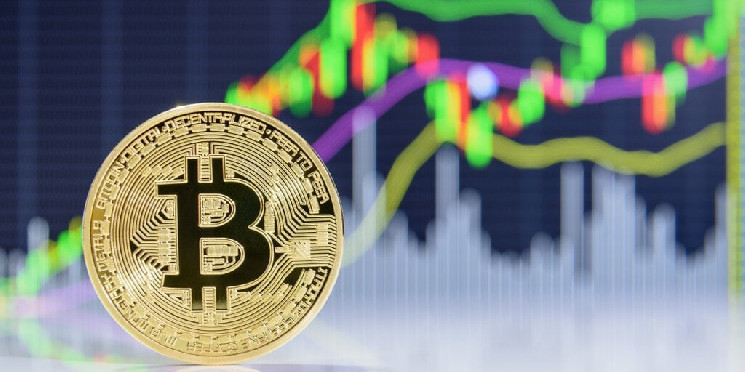[ad_1]
The price of Bitcoin has jumped to a weekly high of more than $71,000, with just a few weeks to go before the cryptocurrency’s much-anticipated block rewards halving.
Bitcoin’s price touched $71,000 Monday evening, before pulling back and surging to a high of $71,419.17 Tuesday morning. The cryptocurrency is currently trading hands at $70,955.86, up 5.9% on the day and 10.9% on the week, per data from CoinGecko.
BTC has had a volatile couple of weeks since posting an all-time high of almost $74,000 earlier this month, dipping alongside stocks on the news that inflation in February was hotter than expected, before a flash crash on the BitMEX exchange caused the price to plunge as low as $62,000.
Still, the cryptocurrency has largely recovered from those losses as traders gear up for the Bitcoin halving, set to take place in April. Based on pre-set rules in Bitcoin’s code, the halving takes place approximately every four years, and sees the block reward doled out to Bitcoin miners cut in half.
Currently, Bitcoin miners receive 6.25 BTC for successfully adding a block to the blockchain; around April 19, that will drop to 3.125 BTC. Historically, halvings have been bullish for BTC, with a surge in the cryptocurrency’s price coming several months after the event and carrying it to new highs.
However, correlation doesn’t imply causation, and some argue that the price surges following halving events owe more to external macro factors. For example, a Coinbase research report published earlier this month pointed to an “environment with extraordinarily loose monetary policy and historically strong fiscal stimulus in response to the Covid-19 pandemic,” as driving the price of Bitcoin following its 2020 halving.
Further complicating matters in 2024 is the arrival of multiple U.S. spot Bitcoin ETFs, which have been hoovering up supplies of BTC ahead of the halving. That’s partly responsible for driving the price to an all-time high ahead of the halving, something that hasn’t happened before.
Some analysts point to the supply crunch caused by Bitcoin ETFs as a bullish indicator ahead of the halving, while cautioning that macro factors including high interest rates could result in weaker consumption—and thus, reduced demand for Bitcoin.
Edited by Stacy Elliott.
[ad_2]

